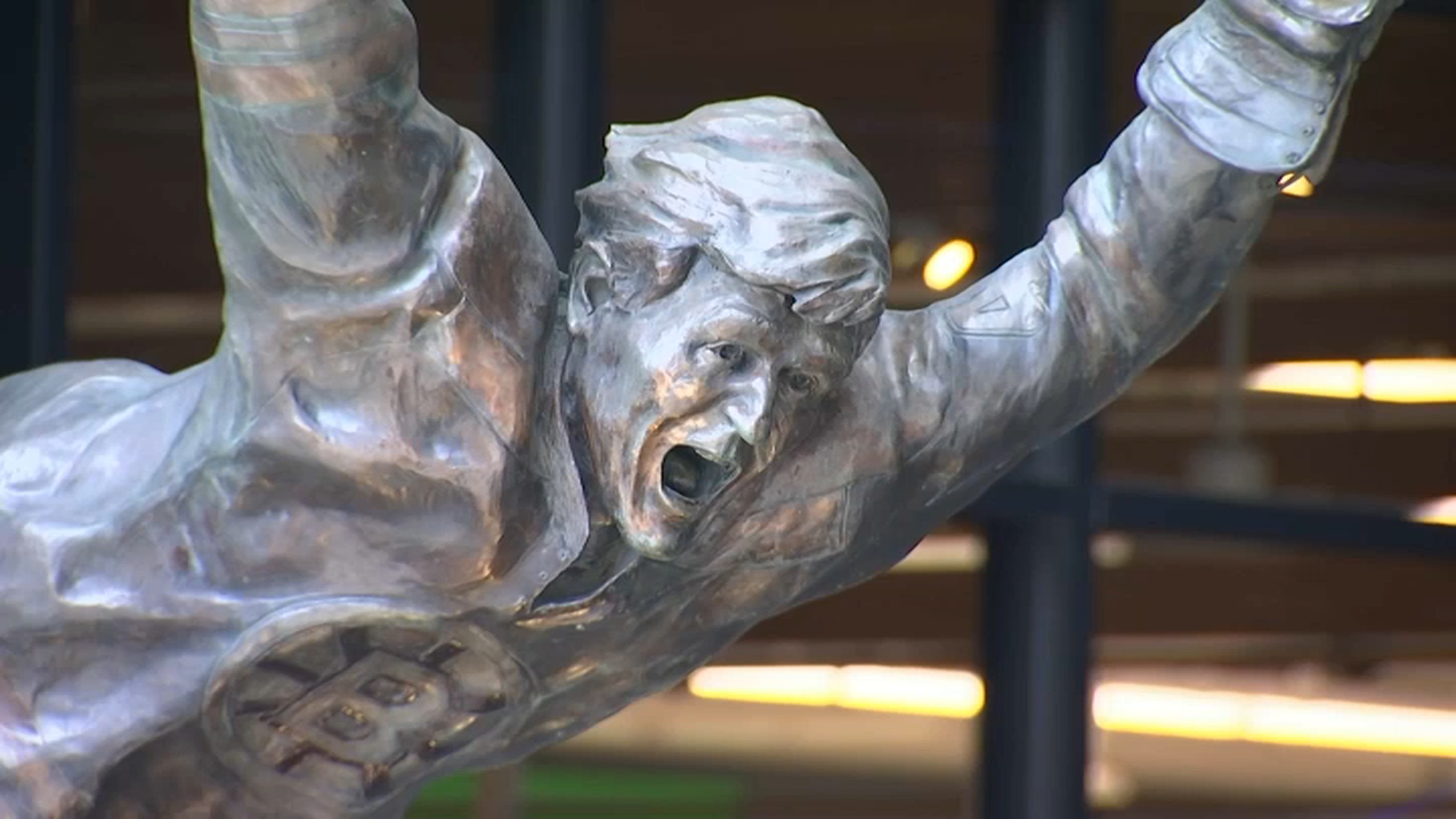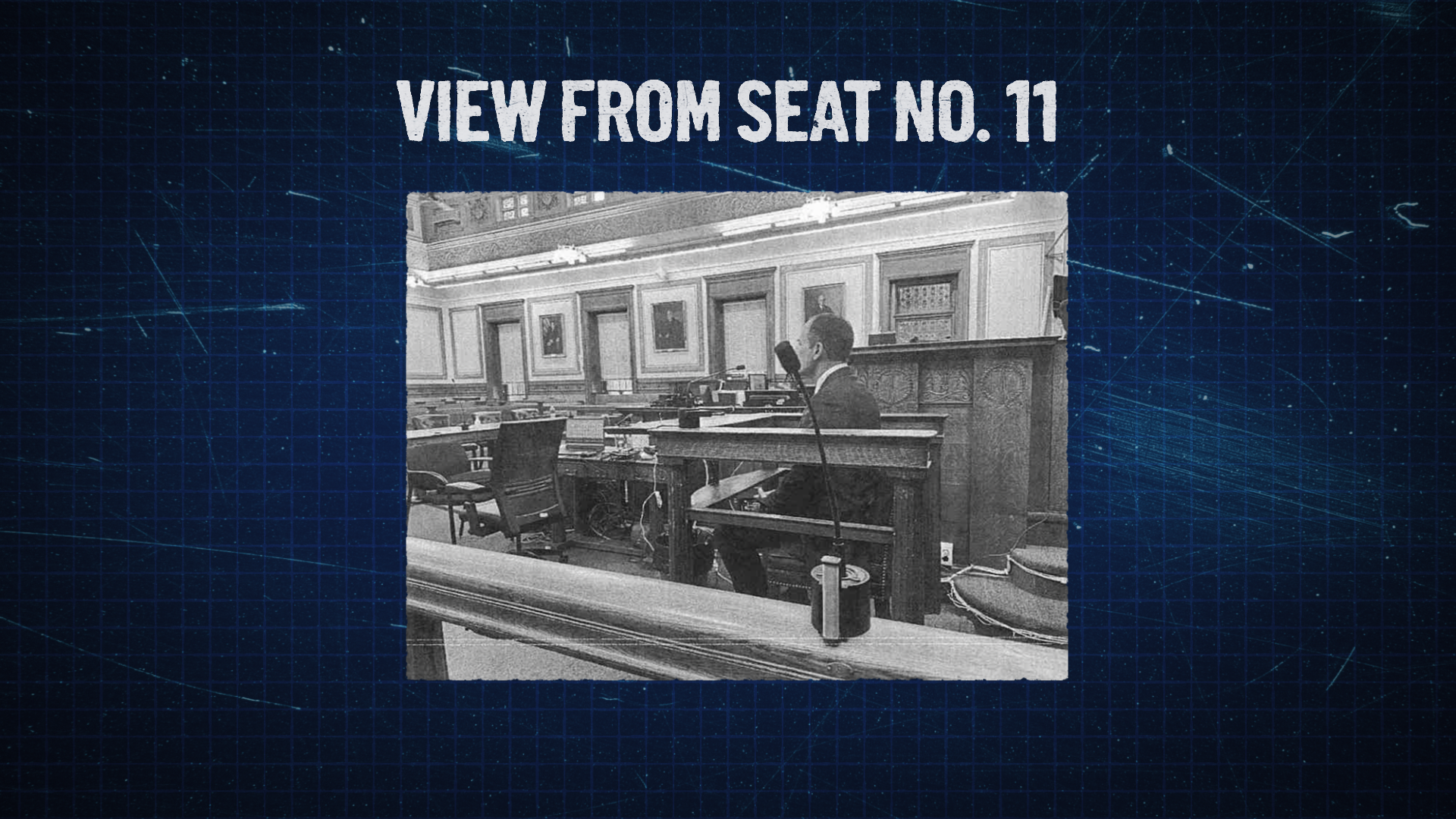After two years of sagging ridership and mounting costs, the latest attempt by the MBTA to provide a late-night transit service for people working –- or partying – in Greater Boston will be killed off come March 19.
With zero debate, the MBTA Fiscal and Management Control Board Monday afternoon voted to pull the plug on the late night service. After an earlier 2000s effort flopped, it was resumed in March 2014 on the four rapid transit lines, Silver Line, and 14 high-volume bus routes, with service running Friday and Saturday nights until 2:30 a.m. in the wee hours of the following day. But after weak ridership and high costs, last June the service was cut back to 2 a.m., with five bus routes dropped, and the most recent figures showed 13,000 people using it per day, down from 16,000 in 2014.
“Ridership has been declining since the beginning of the pilot at a somewhat steady slope,’’ MBTA assistant general manager Charles Planck told the control board. Running the service also deprived T maintenance workers of key overnight hours to fix rails, signals, and other infrastructure when the system goes idle.
Planck estimated killing the service will save the T $9 million in the year beginning July 1. The T is already planning a huge fare hike then and is looking for other measures to close a roughly $100 million “structural deficit,’’ and with figures showing the late night service cost $13 per person per ride in public subsidies, control board officials showed zero interest in saving it from the chopping block.
Backers of the service, however, say the T clearly never tried to make it work.
“Unfortunately, the MBTA and Fiscal Control Board and MassDOT had already made up their mind to basically kill late night service,’’ said David Senatillaka of Malden.
Susan Ringle of Cambridge said: “They never advertised it. So there's not a single billboard in a single T station that tells you about late night T.’’
Massachusetts
The latest news from around the state
Others complained that what few hearings were held about saving the service were often scheduled for times college and high school students were out of town or in class. The control board meeting about dumping late-night service Monday, for example, came shortly after 2 p.m.
Students “are in school right now, and they can't be here to speak out and say how that's affecting them,’’ Tyree Ware of Dorchester, an activist with Alternatives for Community and Environment’s T Riders Union, told control board members.
But as the crumbling system tries to rebuild reliability and close deficits, businesses and mayors in the Fix Our T Coalition held a press conference late Monday morning to argue that tough but unpopular decisions like cancelling expensive, ill-patronized late-night service are critical.
“We ask this control board to be strong,’’ said Melrose Mayor Rob Dolan. “We stand with you. We ask you to stay the course.’’



